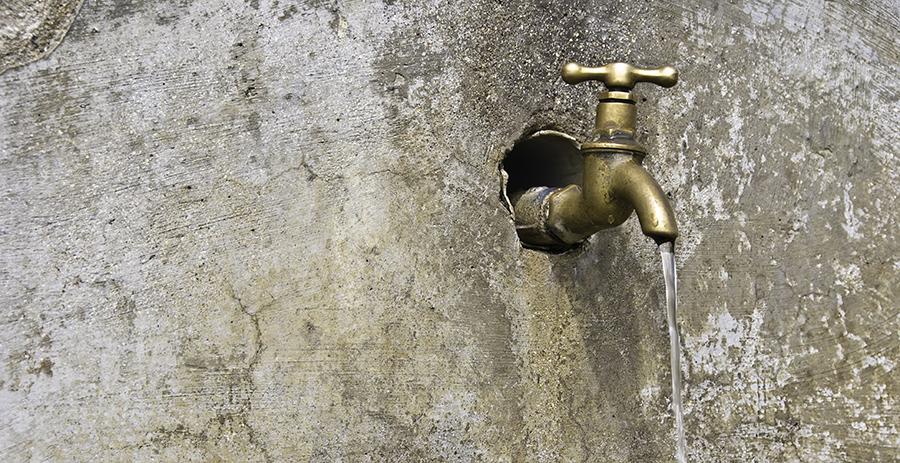

DCU senior lecturer to help lead project to improve access to safe drinking water
Senior lecturer Dr Bríd Quilty will lead DCU in a project that aims to increase access to safe and affordable drinking water by using sunlight to disinfect water.
Researchers at the Royal College of Surgeons in Ireland (RCSI) partnered with DCU and Maynooth University as part of the 3U Partnership, as well as researchers from 18 other institutions across Europe and Africa.
The international research project is called WATERSPOUTT and will develop low-cost technologies to improve accessibility to clean water. WATERSPOUTT have been awarded €3.6 million by the European Commission under the Horizon2020 programme to provide affordable access to drinking water in sub-Saharan Africa and other resource-poor countries.
WATERSPOUTT coordinator Professor Kevin McGuigan of RCSI said: "More than 600 million people worldwide do not have regular access to safe drinking water and the majority of these live in rural areas with no realistic hope in the foreseeable future of access to distributed treated water systems. This exciting new research programme will develop technologies to treat larger amounts of water in the household in the developing world. By using larger containers of water it will reduce the workload for families to provide their own safe drinking water, preventing illnesses particularly in the very young and very old who are most vulnerable to waterborne diseases.”
Solar water disinfection (SODIS) involves placing water into clear bottles and leaving them out in the sun. The heat from the sun will then kill the harmful microbes in water.
The current SODIS process uses two-litre bottles of water and WATERSPOUTT wants to equip households with larger containers that could hold up to 20 litres of water. The WATERSPOUTT project will design, pilot and bring to market three novel solar based technologies which are solar rainwater reactors, solar jerrycans and solar-ceramic filtration.
RCSI researchers have been developing SODIS technology to make the water safe to drink for more than 25 years and have carried out trials across Africa and Asia to demonstrate its effectiveness.
These technologies will be designed in consultation with families, schools and clinics in Africa. The containers will be piloted in Uganda, South Africa, Ethiopia and Malawi. WATERSPOUTT technologies have an estimated market of more than 102 million people in Africa and 50 million others in Asia, Europe and Latin America.
